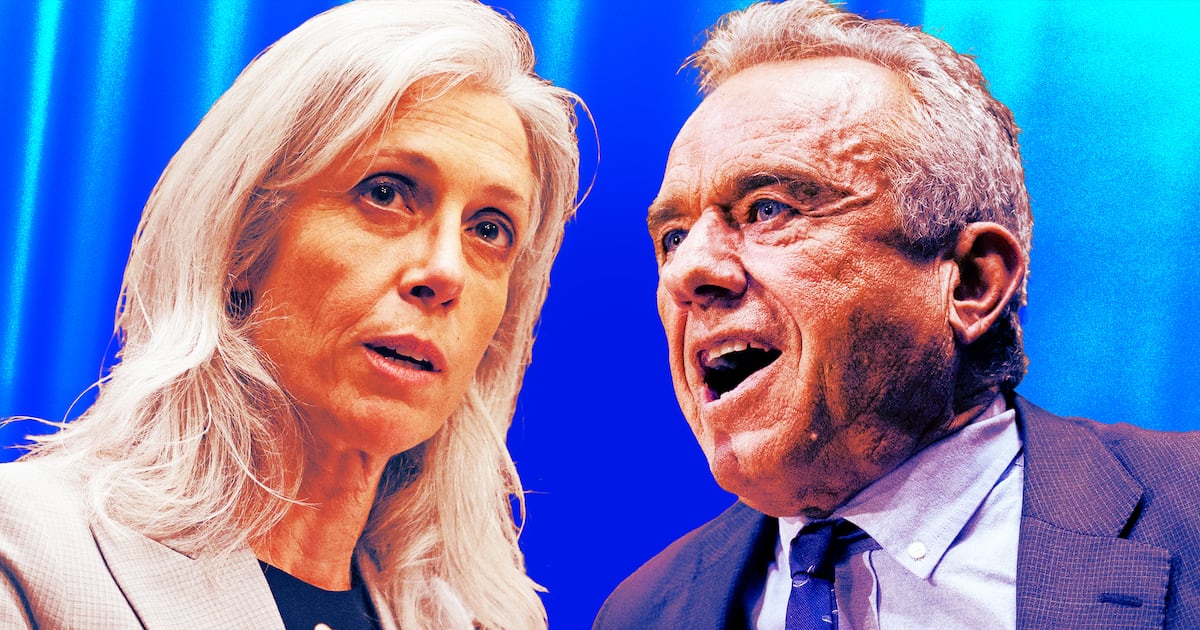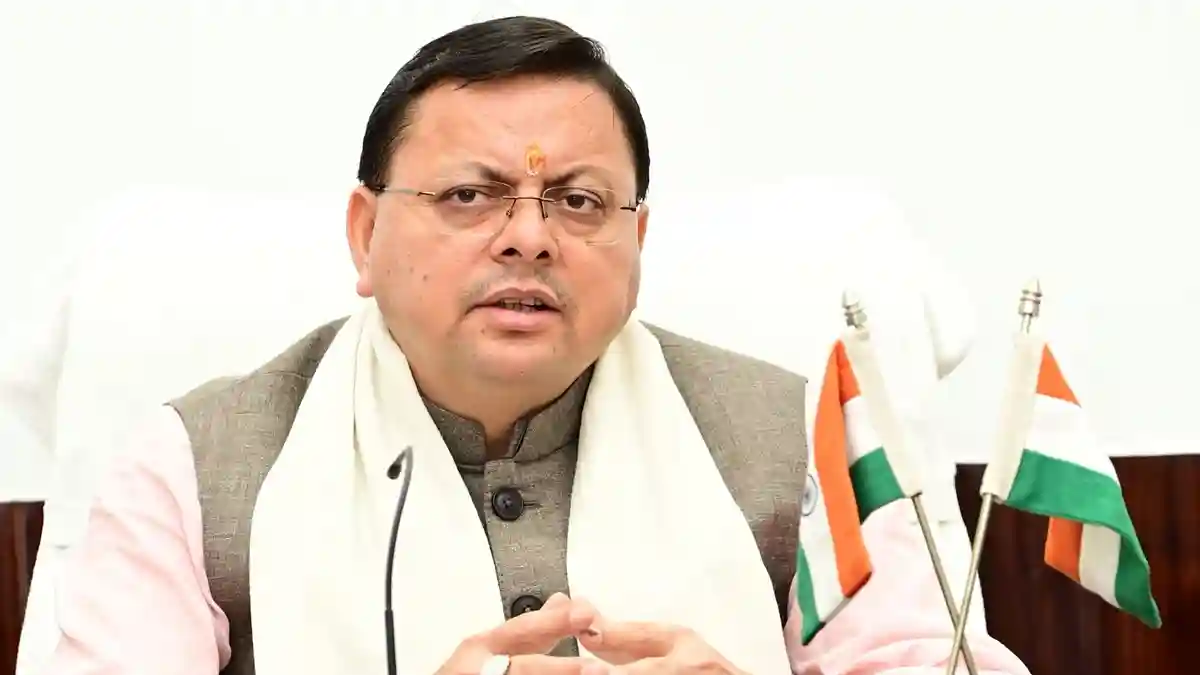
Former Centers for Disease Control and Prevention Director Susan Monarez appeared before the Senate on Wednesday for the first time since she was fired and raised her alarms about the future of public health.
The ousted director painted a disturbing picture of an agency being taken over by political operatives under Health and Human Services Secretary Robert Kennedy Jr., where career scientists were being pushed aside, and she was told point-blank not to raise concerns with Congress.
During his own testimony before the Senate earlier this month, Kennedy accused her of being a liar and untrustworthy despite previously praising her unimpeachable scientific credentials.
On Wednesday, Monarez got her turn on Capitol Hill to share how her exit went down before the Senate HELP Committee.
She sounded the alarm about how politics could take precedence over science and data at the CDC and claimed she was fired for “holding the line on scientific integrity.”
During her opening statement, Monarez claimed she had been given two directives that led to her being dismissed.
“On the morning of August 25, Secretary Kennedy demanded two things of me that were inconsistent with my oath of office and the ethics required of a public official,” Monarez said.
“He directed me to commit in advance to approving every ACIP recommendation regardless of the scientific evidence. He also directed me to dismiss career officials responsible for vaccine policy without cause.”
The Advisory Committee on Immunization Practices (ACIP) panel at the CDC makes recommendations on vaccines. Monarez also said during her testimony that she learned Kennedy had dismissed every single member from media reports.
The panel is set to meet later this week with Kennedy’s newly appointed members. Monarez warned that there was a real risk that recommendations could be made about restricting access to vaccines for children and others in need without scientific review, given the absence of a permanent CDC director.
During the hearing, Monarez said she was open to hearing recommendations and making changes based on science, but she had refused to pre-approve them.
She was asked about her conversation with Kennedy by numerous senators, including GOP Chair Bill Cassidy, who is a physician and vaccine advocate.
“He asked me to pre-commit to signing off on each and every one of the forthcoming ACIP recommendations regardless of whether or not there was scientific evidence,” Monarez told him, noting that he did not get into any substance on what those would be.
She shared that they had an exchange where she said she was open to changing childhood vaccine schedules if evidence was supportive of it, but Kennedy responded that there was no science or evidence associated with the child vaccine schedule.
The ex-CDC director later testified that Kennedy was very upset with her during their August 25 meeting. She recalled that some of the secretary’s comments were not aligned with science.
Monarez said their meeting was very tense and Kennedy accused the agency of failing its duties to evaluate safety and efficacy for vaccines and accused it of not collecting science regarding vaccines as well as lobbing other personal attacks.
“He called in that context, CDC the most corrupt federal agency in the world, emphasized CDC employees were horrible people,” she said. “He said that CDC employees were killing children, and they don’t care.”
When questioned later by Senator Chris Murphy, Monarez said she had never experienced pre-approving vaccine recommendations without seeing them first.
When it came to her refusal to fire career officials, Monarez said Kennedy indicated he wanted her to keep firing leadership and promote deputies. If deputies did not do what was demanded of them, she was to keep firing officials until they were compliant with what Kennedy wanted.
Monarez was joined before the Senate HELP Committee by former CDC Chief Medical Officer Dr. Debra Houry, who had resigned in protest over Monarez’s ousting.
When pressed by Cassidy, Houry said that before her exit, the agenda for the upcoming vaccine panel meeting had been coordinated with political appointees.
“Is that the way it is handled with the Cabinet secretary and political staff setting the agenda for a scientific meeting?” Cassidy asked.
“Not for the past decade I was at the CDC,” Houry, who had worked for the agency under four administrations, responded.
She also shared that she learned Kennedy Jr. altered the agency’s coronavirus vaccine guidance through a social media post on X.
“CDC scientists have still not seen the scientific data or justification for this change. That is not gold-standard science,” she said.
During the hearing, Monarez shared that she was given a directive from Kennedy on August 19 that she was now required to get “prior approval from my political staff for CDC policy and personnel decisions.”
On Wednesday, Cassidy submitted to a record an article by The Washington Post on an email that dated from the HHS chief of staff stating that all major CDC policy decisions needed prior political approval.
Republican Senator Lisa Murkowski said she was most worried about preserving trust in public health institutions and that the U.S. was vulnerable. She expressed deep concerns that career scientists were being excluded.
Houry revealed she was the last career official left in the office of the CDC director and that everyone remaining in the office of the director is a political appointee.
During that same exchange, Monarez told Murkowski she had received a directive not to speak or work with career CDC officials during her meetings with Kennedy and that she was told to only engage with the political appointees that he had put in place.
Monarez also told Senator Tammy Baldwin that she tried to raise concerns with the committee regarding her August 25 morning meeting with Kennedy, but when he found out, he told her that she was never to speak with members of Congress again.
The comment infuriated Cassidy, who said she absolutely should have brought her concerns to the committee.
“It is entirely appropriate for someone with oversight concerns to contact my office, or me, or frankly, any of us,” Cassidy said.



